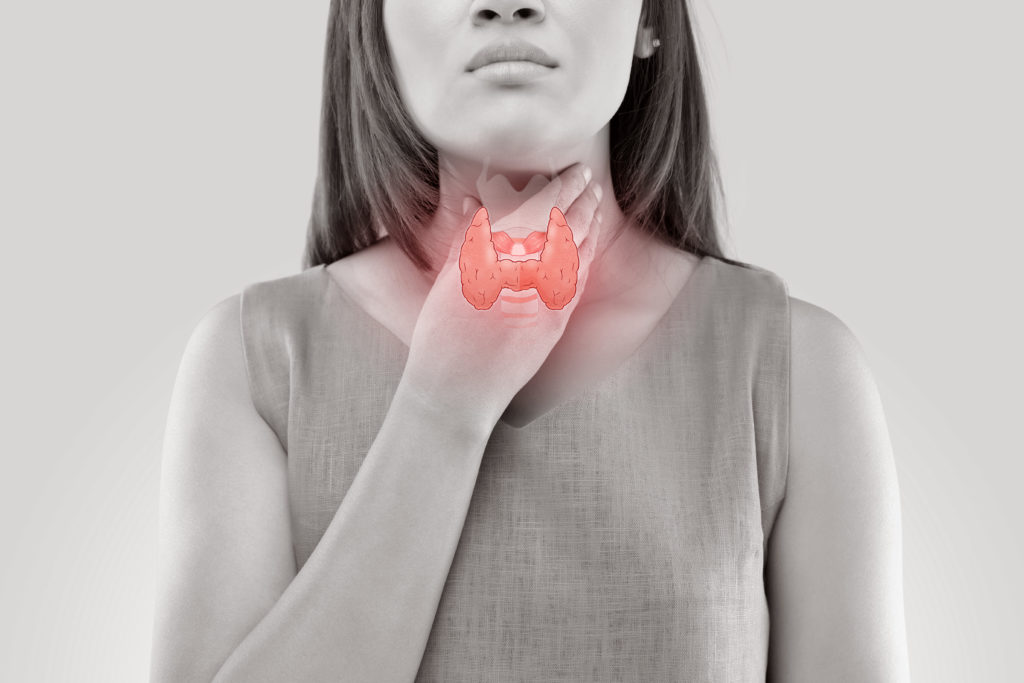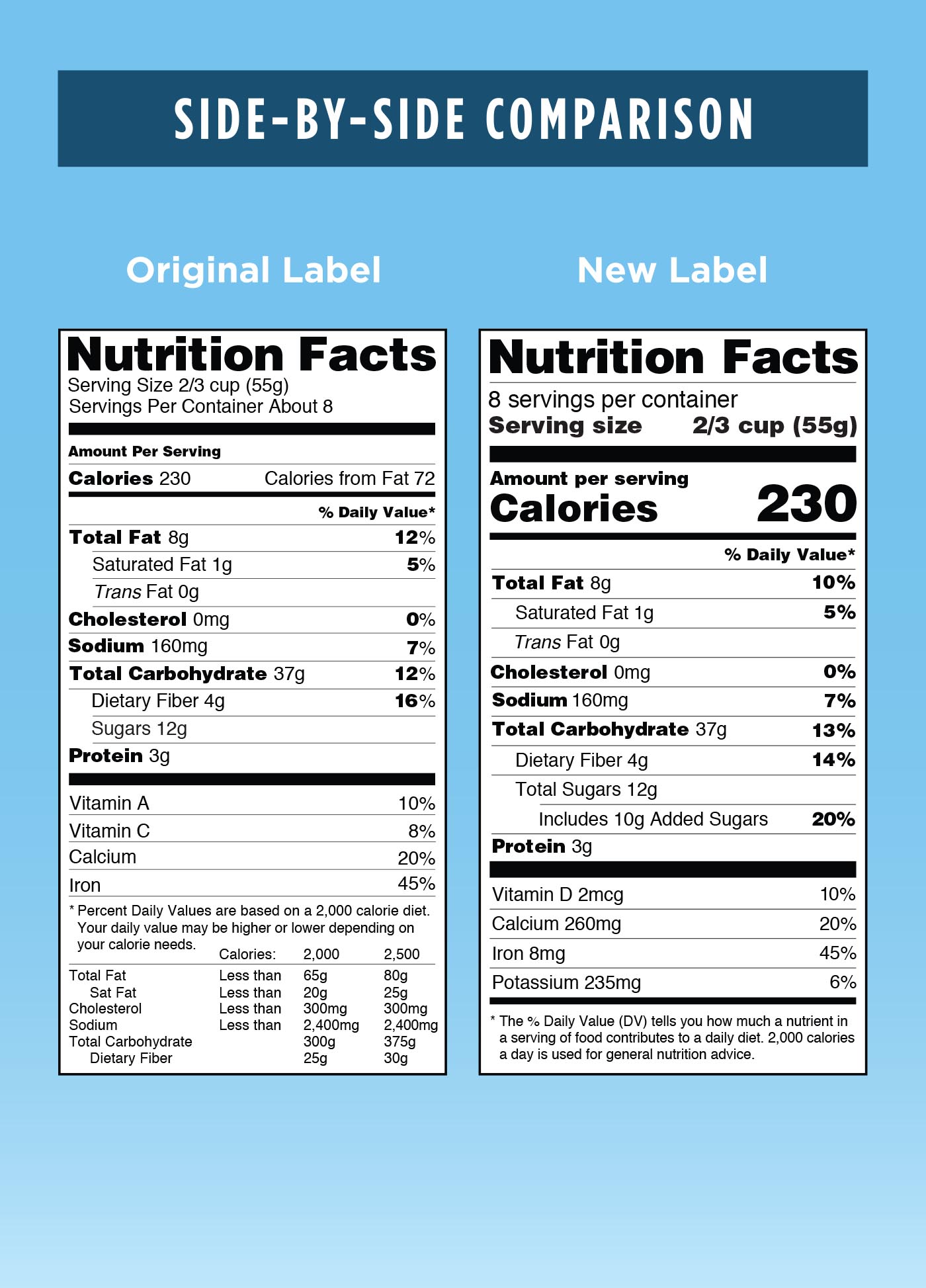
Women thyroid gland control.
In every poll we’ve read, eating better, exercising and losing weight topped last year’s list of New Year’s Resolutions. For most Americans, New Years Resolutions stick around for less time than it takes to sweep up the confetti from the New Year’s Eve party. But what if you met your goals to eat healthier and exercise more and yet your weight remained the same, or worse, increased? Thyroid disease may be preventing weight loss.
What’s Your Thyroid?
The thyroid gland is a butterfly-shaped gland at the front of your neck. This gland produces hormones which control how your body uses energy or your metabolism. If your thyroid gland produces too few hormones (hypothyroidism) your metabolism slows down and your body burns fewer calories. On the flip side, an overactive thyroid (hyperthyroidism) speeds up your metabolism and may cause weight loss.
How Do I Know If My Problem Is My Thyroid?
Hypothyroidism can prevent weight loss. In addition to an inability to lose weight, patients with hypothyroidism may experience:
- Fatigue
- Depression
- Altered sense of smell and taste
- Brain fog or forgetfulness
- Dry skin
- Brittle nails
- Constipation
- Change in menstrual cycle
- Slower heart rate
- Feeling cold or having chills
- Hair loss
- Numbness or tingling in hands
How Do I Approach My Provider?
An inability to lose weight or unexplained weight gain doesn’t usually trigger a provider to test for thyroid problems right off the bat. If you’re experiencing any of these other symptoms, however, your provider should request a simple blood test to check your thyroid function. Make a note of which of these symptoms you’ve experienced and how often in the past month you’ve experienced them. Use this information to talk to your doctor. If you do not have any other symptoms but you are not losing weight even after increased exercise and dieting, it’s still time to discuss the problem with your provider. While your thyroid may not be the culprit, you may have another health problem that is.
What now?
If thyroid disease is preventing weight loss, your doctor may prescribe medications that will make you feel better and may make losing the weight easier. Some research shows patients with hypothyroidism have to exercise more in order to burn the calories needed to lose weight. In addition to taking medication, your provider may suggest working with a nutritionist or health coach to help you determine the right combination of food and exercise to help you lose weight.
Before starting any new diet or exercise routine, schedule a physical with your provider. If you want to lose weight in 2019, let our providers help you reach those goals and improve your health.










